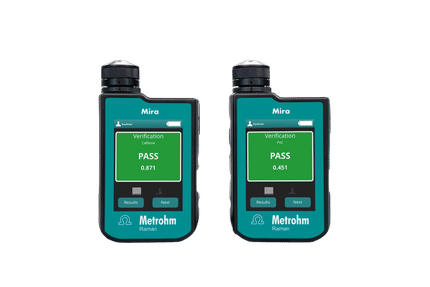To use all functions of this page, please activate cookies in your browser.
my.chemeurope.com
With an accout for my.chemeurope.com you can always see everything at a glance – and you can configure your own website and individual newsletter.
- My watch list
- My saved searches
- My saved topics
- My newsletter
Seliciclib
R-roscovitine (Seliciclib or CYC202) is a trial drug in the family of pharmacological cyclin-dependent kinase (CDK) inhibitors that preferentially inhibit multiple enzyme targets including CDK2, CDK7 and CDK9, which alter the growth phase or state within the cell cycle of treated cells. Seliciclib is being developed by Cyclacel. Product highlightSeliciclib is being researched for the treatment of non-small cell lung cancer (NSCLC), leukemia, HIV infection, Herpes Simplex infection, and the mechanisms of chronic inflammation disorders. Seliciclib is a 2,6,9-substituted purine analog. Its structure in complex with CDK2 was determined in 1996.[1] Seliciclib inhibits CDK2/E, CDK2/A, CDK7 and CDK9.[2] Seliciclib has been found to produce apoptosis in treated cancerous cells of non-small cell lung cancer (NSCLC) and other cancers. Seliciclib has previously undergone Phase IIa clinical trials, in 240 NSCLC patients as a combined dose with existing first- and second-line treatments.[2][3] In the current APPRAISE trial, the research drug is undergoing Phase IIb clinical trial as a monotherapy for NSCLC in third-line patients.[4] The side-effects reported in Phase I trails of Seliciclib for NSCLC were "nausea, vomiting, transient elevations in serum creatinine and liver function parameters and transient hypokalemia".[3] Seliciclib is also in clinical trials for B-cell lymphomas, including Myeloid cell leukemia. Seliciclib has been shown to inhibit RNA polymerase II-dependent transcription and down-regulation of Myeloid cell leukaemia sequence 1 (Mcl-1). [5][6] Seliciclib is also a possible anti-viral agent. It causes the death of cells infected with HIV[7][8][9] and preventing the replication of Herpes simplex virus.[10][11] Seliciclib has been shown in vitro to induce apoptosis in neutrophil granulocytes.[12] If this mechanism turns out to be safe, reliable and efficient in vivo, the drug could improve treatment of chronic inflammation diseases such as cystic fibrosis and arthritis. These are usually treated with glucocorticoids which often have serious side effects. References
|
||||||||||||||||||||||
| This article is licensed under the GNU Free Documentation License. It uses material from the Wikipedia article "Seliciclib". A list of authors is available in Wikipedia. | ||||||||||||||||||||||







